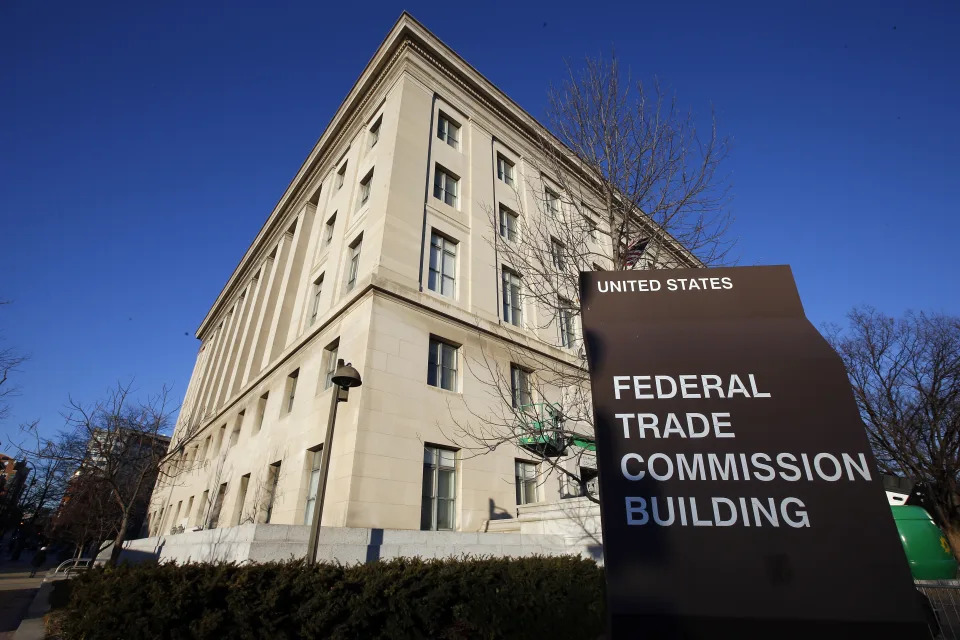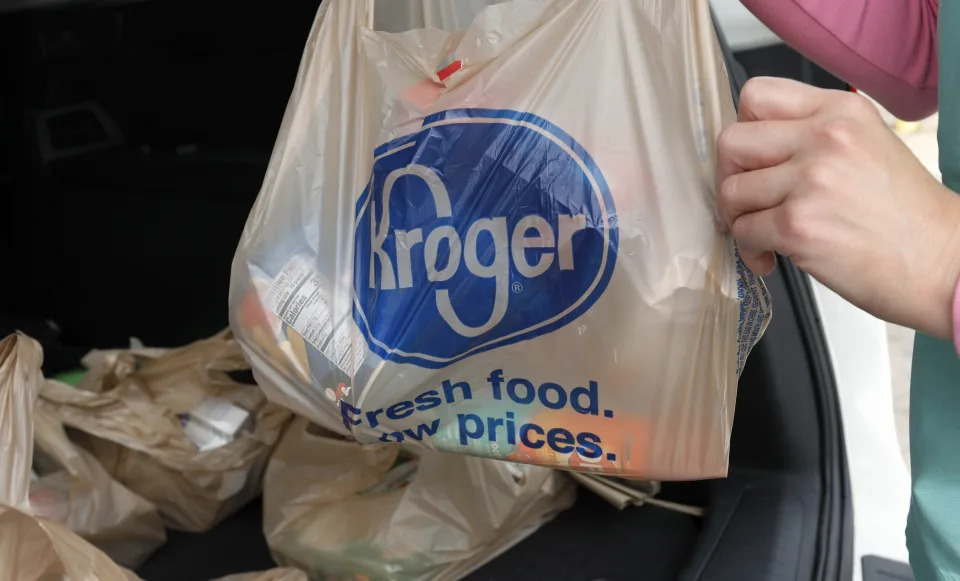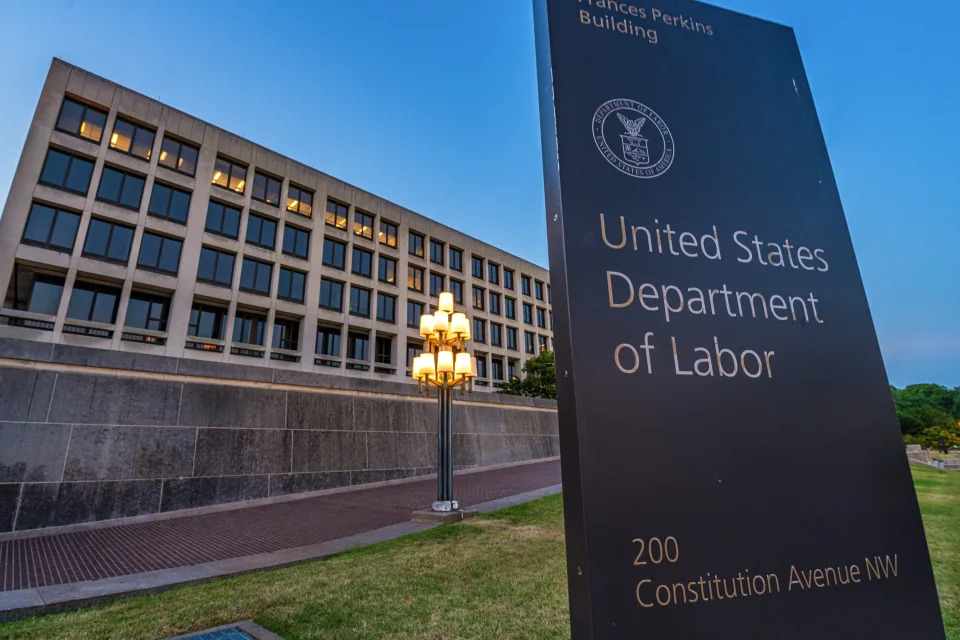News
Companies are leveraging new Supreme Court rulings to weaken DC's power
Companies are not wasting any time trying to weaken federal rules in the wake of some key Supreme Court decisions that reined in the power regulators have to intervene in many industries.
In just two months since the high court handed down those decisions , companies ranging from a tax adviser to a supermarket chain to a poultry farming giant are using the rulings to dismantle actions taken by agencies across Washington, DC.
"The only clear losers are federal agencies, who have had their authority significantly curtailed," said Richard Schoenstein, vice chair or litigation for Tarter Krinsky & Drogin.
The Supreme Court cases that reduced the scope regulators have over American businesses have already been cited in more than 100 US court decisions over the past two months, according to Schoenstein.
Some of these challenges have resulted in major victories. Last week a federal judge in Texas blocked a controversial Federal Trade Commission ban of non-compete agreements that was set to take effect in early September after the rule was challenged by tax service provider Ryan LLC and the US Chamber of Commerce.

When Dallas US District Judge Ada Brown issued her decision blocking the FTC's noncompete ban, she cited Loper Bright Enterprises v. Raimondo , the Supreme Court decision from late June that overruled a 40-year-old legal doctrine known as the "Chevron deference" that gave federal agencies leeway to interpret laws.
A federal judge in Pennsylvania disagreed with the findings of the Texas judge, ruling that the FTC was in fact authorized to ban noncompetes. Another such case is still pending in federal court in Missouri.
Legal experts predict the matter will be decided on appeal and that its ultimate fate could be determined by the Supreme Court or a new presidential administration, should that administration choose not to challenge the rulings.
Another battle that has yet to be decided is the FTC’s litigation to block the merger of supermarket chains Kroger ( KR ) and Albertsons ( ACI ). A trial over the tie up began in a federal district court in Oregon last Monday.
Where Kroger is trying to use a recent Supreme Court decision to its advantage is a separate request it made to block a parallel merger objection the FTC filed before its own in-house panel of judges.

Kroger argues the reliance on in-house judges rather than elected judges violates the US Constitution.
It cites a recent Supreme Court case titled SEC v. Jarkesy that stripped the SEC of its ability to use in-house tribunals to impose fines for civil violations while depriving a defendant of a jury trial.
"Many federal agency rules and statutory interpretations, old and new, are more vulnerable to challenge now that courts have significantly more discretion over whether to accept an agency’s statutory interpretation," Ballard Spahr lawyers Brian Pedrow and Katherine Cordy said in a note released last month.
Judges now have "much greater discretion" to overrule agency actions and guidance, they said.
'Likely unlawful'
The FTC is not the only agency on the defense.
Perdue Farms and Comcast Corp. ( CMCSA ) have also targeted in-house tribunals run by the Labor Department, suing to have whistleblower claims heard before a court instead of DOL judges. They both cited the Jarkesy case.
Other lawsuits target climate rules from the Securities and Exchange Commission designed to force companies to disclose more about the environmental footprint, as well as DOL rules designed to enforce unbiased financial advice and make millions more salaried workers eligible for overtime pay.

A federal district judge did grant a motion from the state of Texas to postpone the DOL’s new overtime rule from taking effect, calling the rule "likely unlawful." The judge also narrowed the temporary pause so that it applied only to state workers.
Not all of these cases are going against the federal agencies, however.
At least five appellate courts, for example, have affirmed the findings of the National Labor Relations Board.
Just one appellate court so far, the Sixth Circuit Court of Appeals, broke with those decisions and instead said no deference should be given to the Board's interpretation of the National Labor Relations Act.
Courts tend to view the NLRB differently than some of the other agencies challenged to date because the NLRB relies almost exclusively on case adjudications — and not traditional rule making — to create binding interpretations of the NLRA, according to lawyers from Hunton, Andrews, Kurthan.
"That said, there is no guarantee that courts will adopt employer-friendly interpretations of the NLRA," the lawyers added.
In fact, the NLRB last month still stopped its appeal of an injunction that blocked a new NLRB rule that would have made it easier for millions of workers to form unions at big companies.
Opponents of the rule — which would have established new standards for when two companies would be considered "joint employers" in labor negotiations — have argued it would make companies liable for workers they don’t employ.
In pulling its appeal NLRB said it was "keenly interested in receiving wisdom from multiple courts to help resolve the complex matters underlying this rulemaking."
Alexis Keenan is a legal reporter for Yahoo Finance. Follow Alexis on X @alexiskweed .

